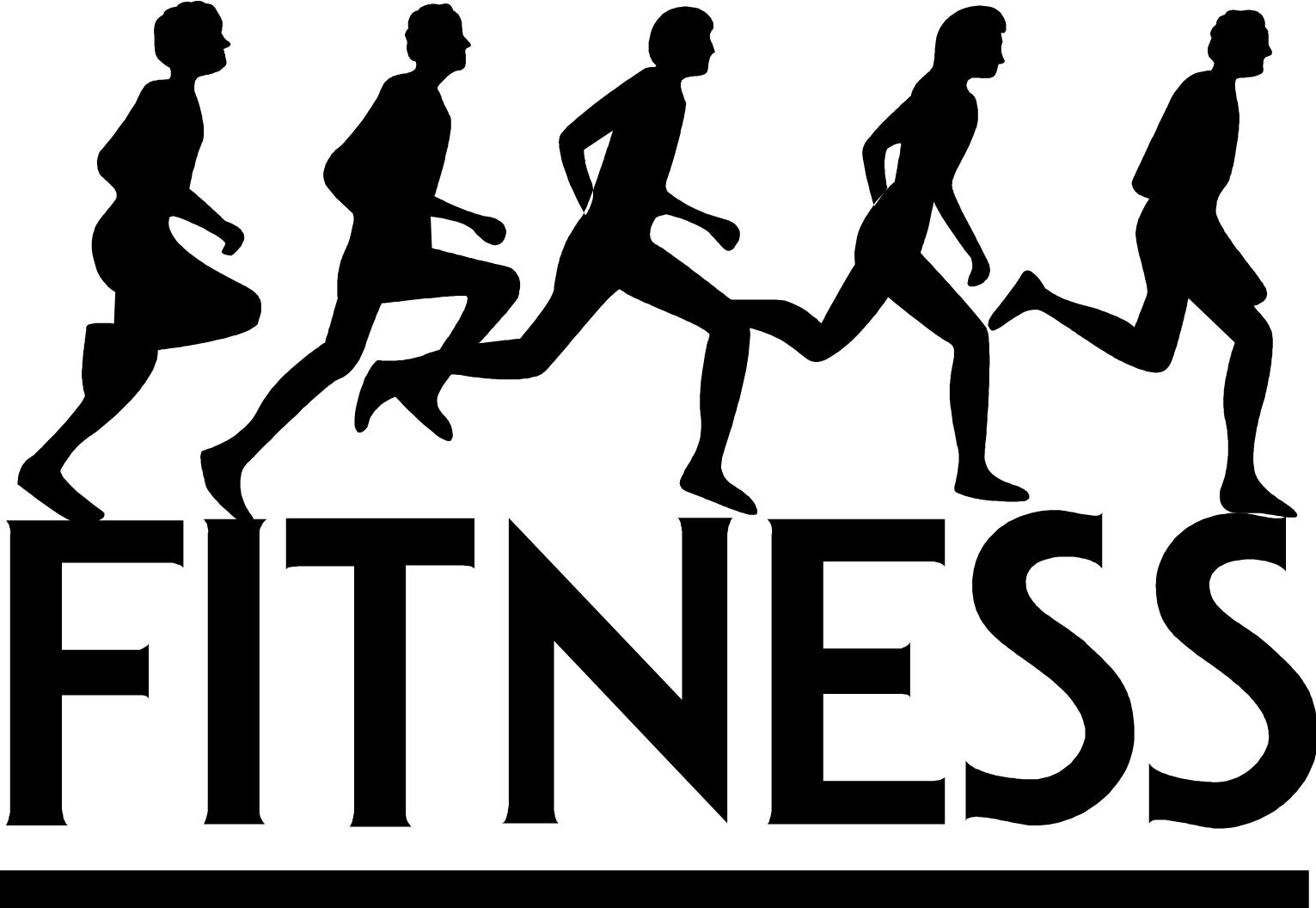Remember… habit puts willpower on autopilot. Changes in lifestyle and behavior can be tough in the beginning, but become effortless when you turn them into a habit.
By mastering one small habit at a time, you will set yourself up for long-term success.
Here are 10 baby steps to optimal nutrition.
- Eat More Protein to Boost Your Metabolism and Reduce Your Appetite, Making Future Changes Easier
Before we subtract, we add.
This first step will change your metabolism in a way that makes subsequent changes easier.
First of all, protein actually boosts your metabolic rate… that is, how many calories you burn at rest.
Studies show that high protein diets boost metabolism by 80 to 100 calories per day, compared to low protein diets.
Second of all, protein can reduce your appetite, making you automatically eat less of other calorie sources.
In one study, eating protein at 30% of calories caused an automatic reduction in calorie intake of 449 calories per day. The people lost 4.9 kg (11 lbs) in 12 weeks, without intentionally restricting anything.
Of course… adequate protein also has many other benefits, including increased muscle mass, stronger bones, lower blood pressure, to name a few.
Good protein sources include meat, poultry, fish, seafood, eggs and full-fat dairy products (if you can tolerate them). Some people like beans and legumes, which are absolutely fine if properly prepared.
I recommend eating about 1.5-2.5 grams of protein per kilogram of bodyweight, or 0.7-1.1 grams per pound minimally.
You don’t really need to weigh or measure this, but it may be a good idea to track your foods in the beginning to make sure you are getting enough.
Eating more protein is the easiest, simplest and most delicious way to give your metabolism a nudge towards a lower body weight, reduced appetite and better health. It will also make the rest of the changes easier.
- Start Eating a Healthy Breakfast, Preferably With Eggs
The second step involves changing one of your daily meals… breakfast.
Most people are eating cereal or something similar for breakfast, but that really is the worst thing you can eat at the start of the day.
Most breakfast cereals are loaded with refined carbs and sugar (even the healthy looking ones).
Eating this stuff for breakfast will spike your blood sugar, leading to a crash a few hours later… followed by cravings for another high-carb meal.
Instead, eat eggs for breakfast.
Eggs are pretty much the perfect breakfast food… they’re high in protein, healthy fats and contain a ton of nutrients.
There are a few studies showing that if you replace a grain-based breakfast (bagels) with eggs, it can help you lose fat.
Eggs are best served with vegetables or a fruit… but you can have quality bacon with them if you want.
If you can’t eat eggs for some reason, any high-protein, nutrient dense food will suffice.
There really is NO valid excuse not to eat a healthy breakfast. Once you get this into a routine, preparing an egg-based breakfast doesn’t take more than 5-10 minutes, at most. Just set your alarm a bit earlier.
- Replace Bad Fats and Oils With Good Fats and Oils
Simply replacing unhealthy fats and oils with healthier ones can have a major impact on your health down the line.
Most people are eating a lot of seriously unhealthy fats… including trans fats and refined vegetable oils.
Although trans fat consumption has gone down in the past few years and decades, it is still way too high.
To avoid trans fats, make sure you read the label on anything you eat. If it says “hydrogenated” or “partially hydrogenated” anywhere on the label, avoid it.
Refined vegetable oils are also problematic. They have a different composition than other more natural fats, being unnaturally high in Omega-6 fatty acids. This includes corn oil, soybean oil, cottonseed oil and several others.
Without getting into the details, consuming vegetable oils may be leading to increased inflammation and oxidative damage in the body, potentially raising your risk of heart disease and cancer.
Instead of these nasty fats and oils, choose fats that are mostly saturated and/or monounsaturated. Grass-fed butter, coconut oil, olive oil, avocado oil and others. Whole nuts are an excellent source of fat as well.
- Remove Sugar-Sweetened Beverages and Fruit Juices From Your Diet
Sugar is bad news… but sugar consumed in a liquid form is even worse.
Studies show that the brain doesn’t “register” liquid sugar calories in the same way as it does calories from other foods.
So you might drink several hundred calories of soda in one day (not uncommon), but your brain doesn’t take them into account when it is trying to control your energy balance.
If you were to add a whole food to your diet, you would automatically eat less of other foods instead. In other words, your brain would “compensate” for those added calories.
That doesn’t happen with liquid sugar calories. Your brain doesn’t compensate for them, so you end up taking in more than you need.
One study shows that consuming a single serving of sugar-sweetened beverages per day is linked to a 60% increased risk of obesity in children.
Many other studies support this… sugar-sweetened beverages may be the most fattening aspect of the modern diet.
- Replace Sugar, Refined Carbs and Modern Wheat With Other Healthier Foods
Time to get rid of all the “bad” carbs.
Sugar and refined carbs are some of the unhealthiest aspects of the modern diet.
They’re low in nutrients and fiber and contribute to overeating, which brings with it a plethora of metabolic problems and diseases.
Instead of the “bad” carbs, choose healthier carb sources instead. Vegetables, fruits, potatoes, sweet potatoes, healthier grains like rice, oats and quinoa, even legumes if you can tolerate them.
For now, let this suffice and don’t restrict total carb intake.
Whatever you do, just get rid of the sugar and processed carbs from your diet. Eat real food instead.
- Start Eating Meat or Fish and Plenty of Vegetables For Dinner
Now it’s time to transform another one of your daily meals… dinner.
Replace whatever it is that you’re eating with a meal based on either meat or fish, along with plenty of nutritious vegetables.
I find that dinner is the easiest meal to fit in plenty of veggies.
If you enjoy starches (like potatoes or rice) with dinner, then feel free to eat those too.
Definitely try to eat fatty fish at least 1-2 times per week for all the super healthy Omega-3s. If you can’t or won’t eat fatty fish, then supplement with fish oil.
- Take Care of Your Lifestyle… Emphasizing Adequate Sleep and Reduced Stress Levels
Often overlooked, sleep and stress levels can have a major effect on your health.
Studies show that not getting enough sleep is strongly linked to many serious diseases, including obesity.
Short sleep duration may actually be one of the strongest risk factor for weight gain. It is linked to a 55% increased risk of obesity in adults and 89% in children.
Another major lifestyle factor is chronic stress.
Excess stress raises your levels of the hormone cortisol, which can make you gain a lot of fat in the abdominal cavity and raise your risk of all sorts of health problems down the line.
Unfortunately, stress can be hard to deal with. Many of us are overwhelmed with various duties and worries.
But, one of the best way the body can handle stress?….. Strength Training!
- Start Eating Healthy Lunches and Snacks… Now Each of Your Daily Meals Should be Healthy and Nutritious
Now that you’ve already taken care of breakfast and dinner, it’s time to move on to lunches and snacks.
These meals tend to be the most problematic for a lot of people, because they are often eaten away from home.
A good way to always ensure you can eat something healthy for lunch is to cook an excessive amount at dinner, so you can eat leftovers for lunch the next day.
But today, because the world is more health conscious than ever before, “fast food” places that serve healthy food have started appearing all over the place.
It might be a good idea to write down a list of places that serve healthier foods, so you always have some options on hand if you find yourself hungry away from home.
Snacks are pretty easy… a piece of fruit and a handful of nuts works well. A few hard boiled eggs, a bag of baby carrots… all of these are easily portable.
- Cut Out All Processed Foods and Start Focusing on Quality
Now it’s time to go completely real food based.
You should already be 90% there, but if you’ve been hanging on to anything that you think may be doing you harm, now is the time to get rid of it.
Clear out your pantry… throw away all soda, bread, cereals, flour, sugars, pastries and processed foods.
Start focusing on quality ingredients… look for quality sources of animal foods.
Eat quality produce and try to avoid any food with artificial ingredients.
Remember… real food doesn’t need an ingredients list, because real food IS the ingredient.
- Commit to a Lifetime of Improvement
The final step is a lifelong endeavor.
Turn health and nutrition into a hobby.
Stay health conscious for the rest of your life and you will live longer, look better and avoid most of the chronic diseases that people suffer from in old age.
by Paul Dexter




